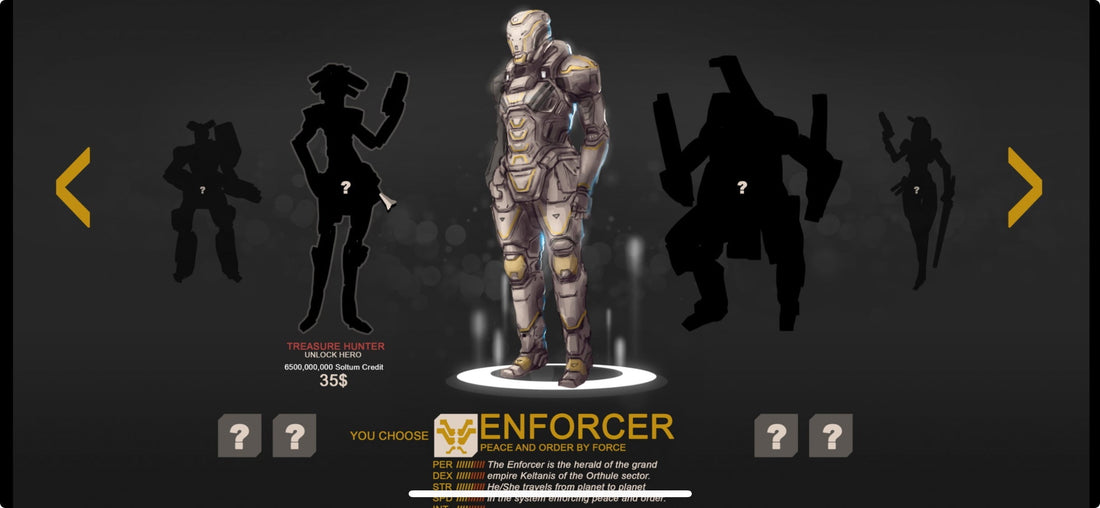
It's Giving Floating Character Energy
I was never the kid that got picked last for dodgeball. Second or third last, yes, but rarely the last one picked.
I was never the kid labeled a loner. I always had friends to spend time with and attendees at my birthday parties.
I was never the kid who came from a broken family. I had a mom and dad at home and access to loads of opportunity in my privileged, middle-class existence.
My story had no dramatic peaks or valleys, no significant change or growth. By all appearances, I had a typical upbringing that led to a typical adulthood. Married at 26, career goals achieved by 36, and waiting until 39 to start a family so I could fully embrace motherhood. By the time I hit 40, I thought I had completely won at life—until my foundation crumbled, and I could no longer perform even the most basic functions of adulthood.
What Happened?
Between the ages of 39 and 43, I experienced a cascade of life changes. I both ended my marriage and later met a new partner, became a mother, began living a sober lifestyle, moved three times (including once from Asia to North America), gained a significant amount of weight that led to pre-diabetes, severe sleep apnea, and high blood pressure, and, to top it all off, found myself suddenly and unexpectedly, unemployed.
Individually, none of these events were exceptional. But together, they broke me.
I became completely overwhelmed and burned out. Without the familiar coping strategies I had unknowingly been relying on for decades — alcohol, cigarettes, food — I was forced to feel emotions I had long numbed away. This led to an unbearable level of overwhelm and, ultimately, a paralysis of sorts. I spent an entire year on the couch, incapable of completing even the most basic tasks: showering, getting out of bed, brushing my teeth, picking up my daughter from daycare, nourishing myself.
I wanted to be productive. I wanted to get another job, go for a walk, clean the house, meet friends for lunch… but I simply could not get my body to get off the couch.
The Diagnoses That Changed Everything
As I struggled to make sense of my new reality, I was diagnosed with ADHD, borderline personality disorder (BPD), binge eating disorder (BED), bipolar II, and complex post-traumatic stress disorder (C-PTSD), mostly stemming from childhood trauma and a genetic predisposition. There was also a likelihood that I was autistic, but I opted not to pay the additional $1,000 to confirm another label that wouldn’t change my treatment plan either way.
I transitioned from being unaware of my invisible disabilities and mental health conditions to being overwhelmed by them. I was consumed by the stigma surrounding these diagnoses, the denial of the symptoms I was experiencing and the deep fear that I was so broken, I may never fully recover.
Desperate for answers, I turned to all the classically reliable sources like Google, Reddit, and the many neurodivergent influencers across social media, but as I spiraled deeper, my support circle shrank. When I reached out to my family to explain my struggles, I was met with silence—a painful realization that they too could not support me through this.
The Role I Played, Until I Couldn't Anymore
For years, I had been the one who showed up, listened, and provided solutions, often putting my family’s immediate needs above my own and asking nothing in return because that is what you do for family.
But when the roles were reversed—when I was the one who needed help—there was no one there. Not because they were cruel, but because they simply didn't know how to be there for me.
This devastating truth, though painful, was necessary. It forced me to achieve something I had never truly known: my identity.
The Floating Character
With everything gone—my marriage, my home, my career, my family—I was alone with myself for the first time. And it was terrifying.
I had spent so much of my life mirroring others, anticipating their needs, over-delivering before they even had to ask. I had mastered the art of masking, performing whatever role was required to be accepted. But in doing so and unbounded to me, I had never truly developed my own identity.
Then one day, as I sat on the couch watching my partner play video games, something clicked.
I watched him select his character before starting the game. The other characters, the ones not chosen, hovered in the background—greyed out, floating in mid-air, waiting to be picked.
“That’s me,” I blurted out.
My partner glanced at me, confused.
“I’m the floating character,” I explained. “The one that’s always there, just waiting to be selected. When I get picked, I show up, I do my best, I help others win. But when I’m not needed, I just… float. I don’t exist in between. I don’t exist on my own.”
In that moment, I saw my life clearly for the first time. I realized I wasn’t a player in my own game of life — I was a background character, waiting to be useful to all the other players in their game of life.
Becoming Player 1 in My Own Life
This realization changed everything. If I wanted to live a meaningful life, I had to stop floating in nothingness, waiting to be picked. I had to become the player with the controller.
This blog is part of that journey.
If you’ve ever struggled with neurodiversity, people-pleasing, low self-worth, or perfectionism, I invite you to walk this path with me. I’ll share the lessons I’ve learned, the research I’ve uncovered, and the tools I’m using to step into the role of my own life’s protagonist.
Because we all deserve to be more than just floating characters in our own game of life.




